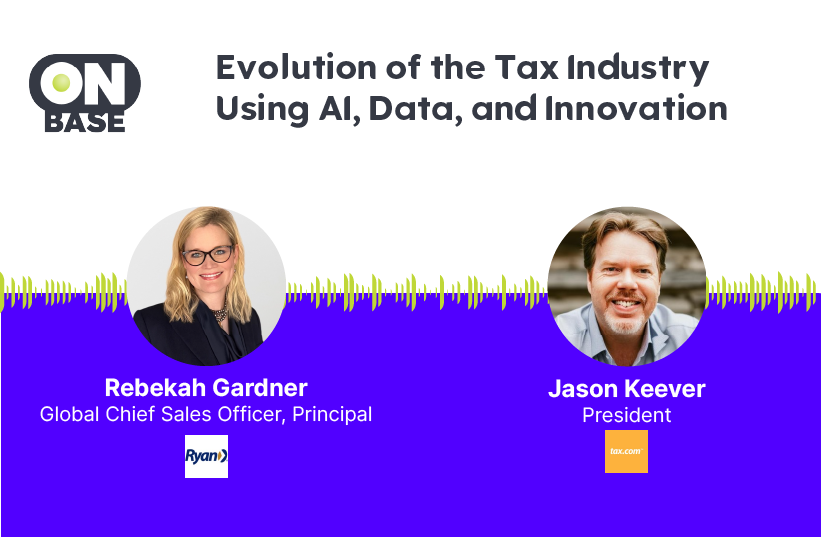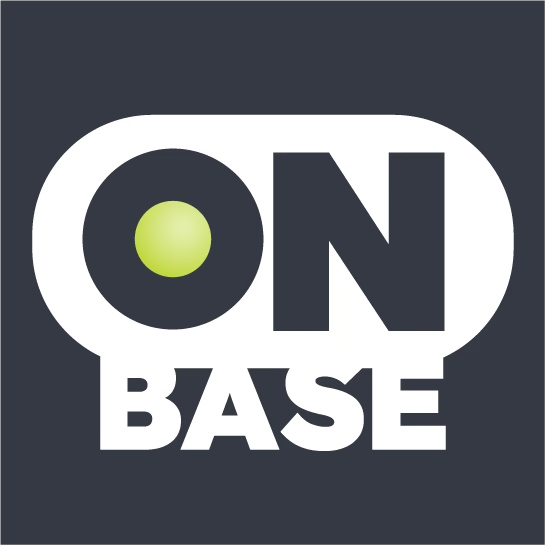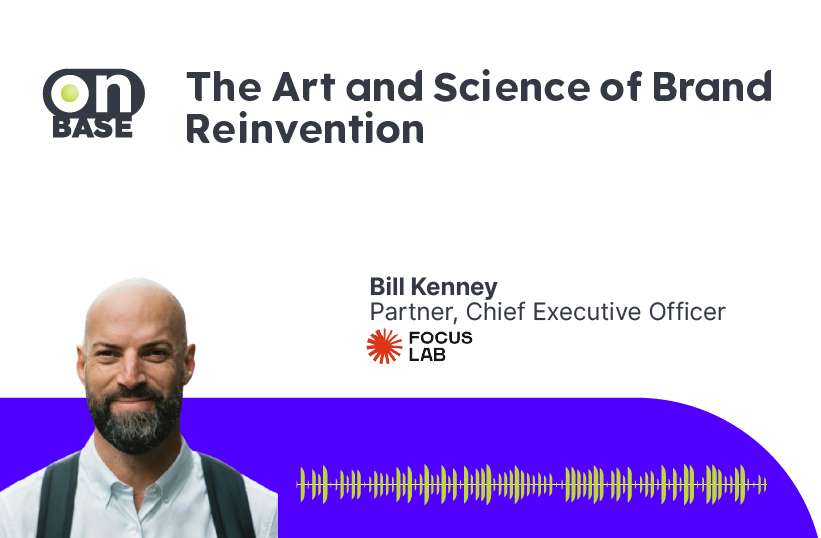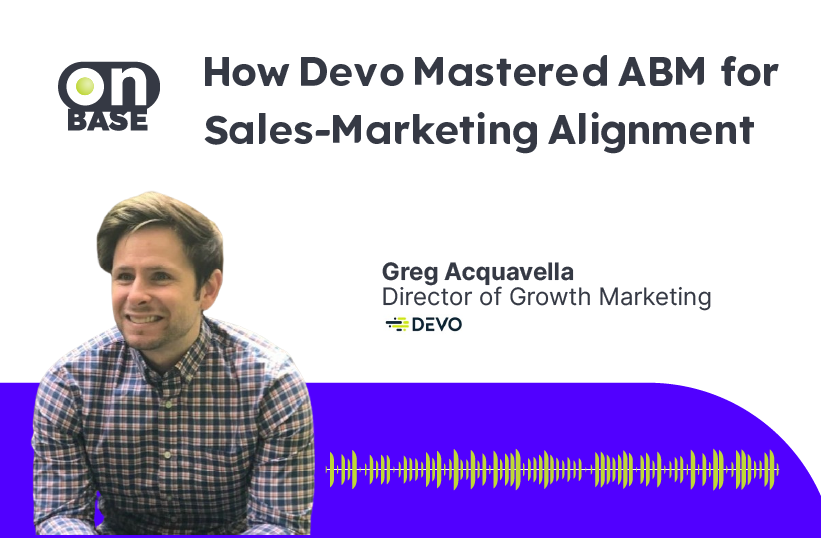
Evolution of the Tax Industry Using AI, Data, and Innovation
Shownotes
Rebekah Gardner and Jason Keever discuss how the tax industry has evolved significantly in recent years to keep up with digitalization and changing client needs. They explore how Ryan is leveraging technologies like artificial intelligence to improve efficiency and deliver exceptional client value. The speakers highlight the importance of breaking down silos between professional services and product teams. They emphasize building trust, communication, and incentives to encourage collaboration. Gardner and Keever also address balancing innovation through new product development while maintaining important client relationships. Keever provides an example of how AI could streamline processing large volumes of variable tax documents.
Best Moments
-
An overview of the significant changes and disruptions happening in the current tax environment.
-
The opportunities that new technologies like AI present for improving processes and better-serving customers.
-
Technology is now a prominent part of conversations with clients about how work will be done.
-
The importance of incentivizing collaboration between teams to deliver the best client experience.
-
Clients' expectations of bringing consumer-like digital experiences to their work with tax professionals.
-
How AI could help streamline processing large volumes of variable tax documents.
About the guests
Rebekah Gardner
Rebekah is a relationship-focused global sales leader with over 20 years of experience as a federal tax partner. She has a proven track record across multiple industries, and from small businesses to Fortune-ranked companies. Her expertise spans private equity, strategic partnerships, and software channels, all underscored by a commitment to collaboration, accountability, and achieving results.
Jason Keever
Jason serves as the President of Ryan’s tax.com™ division. With over 15 years of experience in driving revenue for private-equity-backed, high-growth SaaS companies, he leads the executive team in expanding technology services for existing clients and venturing into new markets. Jason’s previous leadership roles include Chief Revenue Officer, President, Chief Sales Officer, and Vice President of Sales across various industries.
Key takeaways
- The tax industry has significantly evolved to keep up with digitalization and changing client needs and expectations.
- Technologies like AI can be leveraged to improve work efficiency and enhance the client experience.
- It’s important to break down silos between professional services and product teams through improved trust, communication, and aligned incentives.
- Companies must balance innovation through new product development while maintaining important client relationships.
- Accumulating and analyzing vast amounts of industry data can provide a competitive advantage through solutions like streamlining document processing.
Quotes
“Now one of the prominent pieces of the conversation with Clients is inevitably, what technology are you using to get this done? How are we certain that you are doing this in the most efficient way?”
-Rebekah Gardner
“We’re uniquely positioned, were uniquely focused on corporate tax, and we have the breadth of data that’s going to help empower that type of movement in the market.”
-Jason Keever
Highlights from this episode
How has the tax industry evolved in recent years to keep up with digitalization and changing client needs?
The tax industry has evolved tremendously over the past 20+ years to keep up with constant changes in tax law and regulations. In more recent years, clients have demanded that tax work be done faster and more efficiently through the use of technologies like AI, analytics tools, and software platforms.
Companies in the tax industry need to figure out how to meet these demands from clients to leverage technologies that allow tax work to be done more quickly, so professionals have more time to focus on saving clients money.
Digitalization and changing client expectations around technology use have been major drivers of evolution in the industry. Firms must be at the forefront of these technologies to remain competitive and meet evolving needs.
How do you balance innovation through new product development while also maintaining important client relationships?
According to Rebecca Gardner, Ryan has always had a culture of thinking outside the box and delivering innovative value to clients beyond just compliance work. She notes it’s a natural progression for them to now bring their tax software platform, Tax.com, into the mix while continuing to deliver on their brand promise to clients.
Jason Keever adds that clients are bringing their consumer-like expectations for digital experiences to work as well. So meeting clients where they are with innovative technology solutions helps maintain important relationships.
They emphasize the importance of the client experience above all. Developing new products and solutions through Tax.com has to enhance, not detract from, how clients experience Ryan and its professional services. Communication and ensuring both teams are incentivized to work together collaboratively is key to balancing innovation with client relationships.
How can companies in the tax industry leverage data and new technologies like AI?
According to Jason Keever:
- Companies in the tax industry can leverage vast amounts of data accumulated over decades of work to gain unique insights and advantages in serving customers.
- AI shows promise in automating routine tasks like processing large volumes of unstructured tax documents by more intelligently extracting and analyzing information. This could help reduce workload burdens.
- AI and data analytics may allow firms to distill information from tax documents and other sources into meaningful insights for both consultants and clients.
- Technologies like AI can empower tax professionals to spend more time on higher-value work like strategizing tax savings rather than manual data entry tasks.
- By leveraging AI and data, companies can help exceed evolving client expectations around efficiency, accuracy, and precision in tax services through more intelligent solutions.
How do you deal with potential silos between different teams like professional services vs product?
Rebecca Gardner and Jason Keever discussed a few key ways they deal with potential silos between teams like professional services and products:
- Jason focuses on building trust between teams through improved communication, as trust is foundational when a new executive comes into an organization.
- They examine any misalignments at the root cause, like ensuring teams have accountability and are properly incentivized to work together.
- Incentivizing collaboration through compensation is a priority for Rebecca and Jason to encourage joint go-to-market engagements.
- Maintaining a focus on exceptional client experience helps align teams, as clients expect integrated solutions rather than separate professional services and product offerings.
- Addressing silos proactively through offsites dedicated to topics like trust, performance metrics, and how teams can better support each other.
Resource recommendations
Books
Good to Great by Jim Collins
Dare to Lead by Brene Brown
Scaling People by Claire Hughes Johnson
Amp It Up by Frank Slootman
Podcasts

OnBase
Bridging the Divide, Between Sales and Marketing



